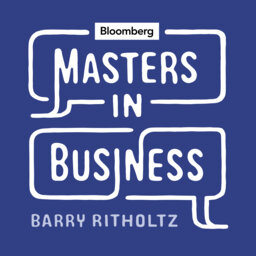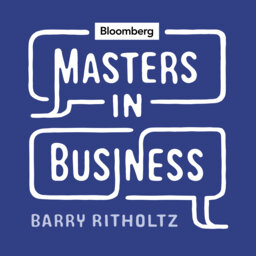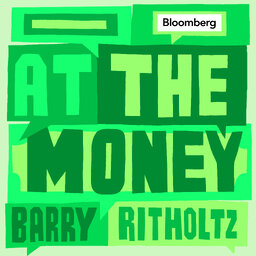At the Money: Contrarian Investing
Is contrarian investing a solid strategy, or a fool's errand? In this episode, Barry Ritholtz discusses the issue with Michael J. Mauboussin. Mauboussin is Head of Consilient Research at Counterpoint Global, Morgan Stanley Investment Management. Previously, he was Director of Research at BlueMountain Capital, Head of Global Financial Strategies at Credit Suisse, and Chief Investment Strategist at Legg Mason Capital Management.
 Masters in Business
Masters in Business


